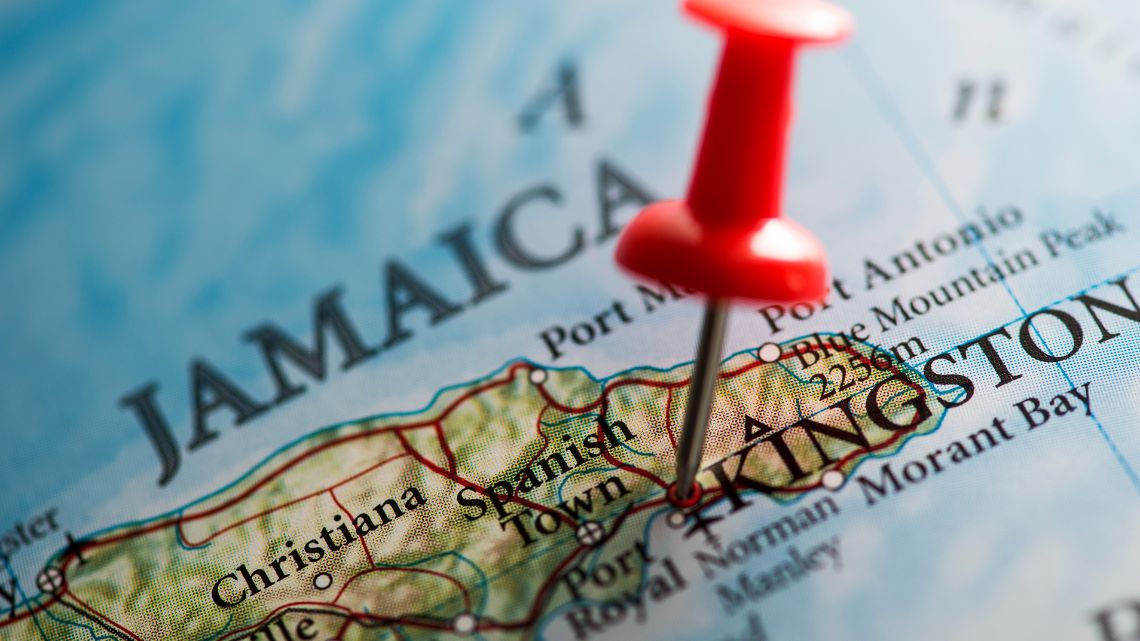

Jamaica’s rum industry represents far more than a commercial endeavor. It embodies generations of craftsmanship, national pride, and cultural heritage. Jamaican rum has long stood as a global symbol of authenticity, flavor, and tradition.
Today, however, that legacy faces a challenge with high stakes. The controversy surrounding the Jamaican rum Geographical Indication (GI) has raised critical questions about how the country defends its legacy while remaining competitive in a modern, fast-evolving spirits market.
Ongoing proceedings in both the Supreme Court and the Fair Trade Commission (FTC) aim to determine whether the GI designation, granted by the Jamaica Intellectual Property Office (JIPO), was lawfully issued. The courts will also assess whether undue influence or anti-competitive conduct affected the outcome.
Howard Mitchell, a businessman and former consultant to National Rums of Jamaica (NRJ), has spoken out on the issue. While not taking sides in the courtroom battle, Mitchell challenges public narratives that distort the situation and threaten long-term progress.
Mitchell expresses concern over a growing wave of xenophobic commentary surrounding the Jamaican rum Geographical Indication (GI). Public discourse, particularly on social media, has painted foreign investors, especially NRJ’s French partner, as colonial opportunists. This narrative, according to Mitchell, oversimplifies and misrepresents the facts.
NRJ’s ownership structure includes the Government of Jamaica, Demerara Distillers from Guyana, and the French firm in question. Mitchell argues that reducing this partnership to a colonial dynamic insults the intelligence and sovereignty of Jamaica’s institutions and stakeholders. Similar partnerships, such as Wray & Nephew’s relationship with Italy’s Campari Group, have generated economic benefits for Jamaica without sparking similar outrage.
The broader context cannot be ignored: the global demand for traditional Jamaican rum has grown at a sluggish pace—roughly three percent annually—for over 30 years. Jamaica’s rum producers, therefore, must explore strategic approaches to secure export markets, enhance earnings, and maintain international relevance.
According to internationally recognized standards, the geographical origin of rum is determined by where fermentation and distillation take place, not where aging occurs. Jamaica continues to lead in these production stages, creating distinct and flavorful rums directly from the distillery.
Critics of overseas aging argue that it weakens Jamaican rum’s identity. Mitchell counters this claim by highlighting that overseas aging has formed part of the nation’s rum heritage for over a century. From the earliest exports, Jamaican rum has crossed oceans to mature in different climates while preserving its signature character.
NRJ, responsible for 40% of Jamaica’s rum exports and employing over 200 people in Clarendon and Trelawny, has built a legacy based on these very methods. For NRJ, rum fermented and distilled in Jamaica—even when aged abroad—remains authentically Jamaican. What it rejects is the misrepresentation of rum distilled outside Jamaica as being Jamaican—a concern that should unite rather than divide.
Mitchell urges stakeholders to resist letting patriotic sentiment cloud practical judgment. He believes Jamaica’s economic history shows success through partnerships, not isolationism. Calling NRJ’s strategy unpatriotic ignores the farmers, distillery workers, and exporters who rely on its continued operation.
Defending the Jamaican rum Geographical Indication (GI) does not require rejecting innovation or collaboration. Instead, it demands clarity on what defines authentic Jamaican rum while giving producers the flexibility to compete globally.
Jamaica now stands at a crossroads. The country must choose between allowing emotionally charged nationalism to dominate or approaching the Jamaican rum Geographical Indication (GI) with fact-based reasoning and strategic foresight.
This is not a binary choice between preserving heritage and embracing growth. Rather, it is an opportunity to ensure that heritage becomes a foundation for sustainable global success. A clear, consistent definition of Jamaican rum, grounded in fermentation and distillation, can attract investment, foster innovation, and secure Jamaica’s position in the global spirits market.
Howard Mitchell is a businessman, commercial lawyer, and transparency advocate. He is also a 2024 inductee into the Private Sector Organisation of Jamaica’s Hall of Fame.
Your Rum Journey Starts Here! Join our community for exclusive content, tasting guides, and insider access to the world of rum.
The Gleaner Article — Howard Mitchell | Why Jamaica must defend its rum heritage and its future.
The image of the article is courtesy of © TARIK KIZILKAYA via Canva.com
Maggie’s Farm Rum Distillery, a pioneer in the American craft rum renaissance and likely North…
The global spiced rum market is experiencing significant expansion, with projections estimating its value to…
California's spirits market is experiencing a notable decline, diverging from national trends. According to the…
Today, we invite you to discover an emblem of the Filipino spirit: Tanduay 10 Years…
The Beverage Testing Institute (BevTest) has unveiled the world's top rums for 2025, highlighting exceptional…
El colapso azucarero de Cuba. Cuba, que alguna vez fue un gigante azucarero en el…